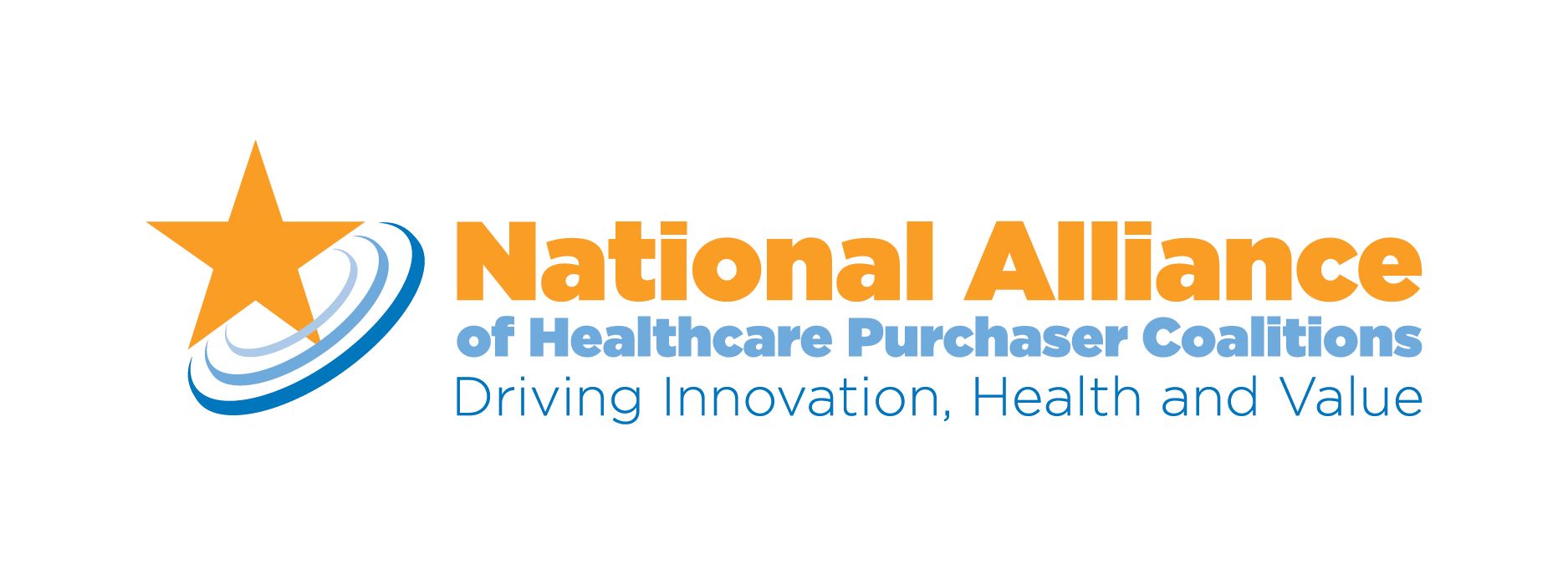
Michael Thompson on Use of High-Deductible Health Plans

High-deductible health plans have been popular, but it’s becoming clear they are not right for all employees, said Michael Thompson, president and chief executive officer of the National Alliance of Healthcare Purchaser Coalitions.
High-deductible health plans have been popular, but it’s becoming clear they are not right for all employees, said Michael Thompson, president and chief executive officer of the National Alliance of Healthcare Purchaser Coalitions.
Transcript
What have you heard from your members about using high-deductible health plans? Are they working and are they planning to continue to utilize them?
Well, for almost 2 decades there’s been a significant growth in high-deductible health plans, but I think we’re learning more and more that they’re not for everybody. Certainly, for lower-income workers and families we know that it has actually led to people not getting the care that they need, and that’s not good for anybody.
And so, I think more employers are becoming sensitized that the sledgehammer approach to cost sharing doesn’t necessarily lead to optimal care. It might lead to less care in the short run, but that doesn’t mean it will necessarily lead to better health or even lower costs in the long run.
What health areas should employers pay more attention to?
You know, historically as we’ve looked at disease states, we’ve often focused on then in very much a siloed basis. Diabetes or mental health or oncology. Increasingly, what you’re seeing is a more holistic view of the individual. If they have a condition like diabetes and obesity, typically, what are the other issues that are going on in their lives? The comorbidity between mental health and cancer is another good example. The interrelationship between low back pain and trauma. We’re looking at health and healthcare with much more of a total person perspective. And that requires different programs, different systems that engage on a more holistic basis than what I think was probably underperforming in interventions in the past.
Newsletter
Stay ahead of policy, cost, and value—subscribe to AJMC for expert insights at the intersection of clinical care and health economics.









